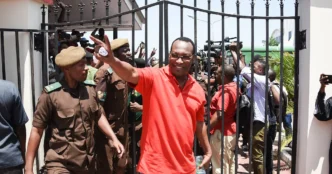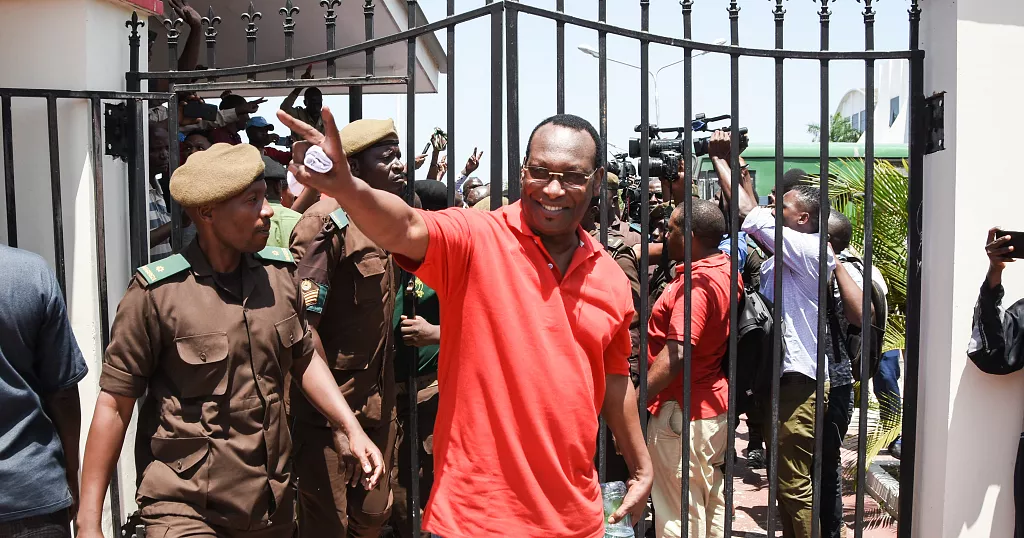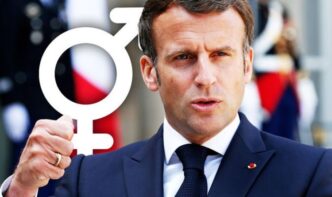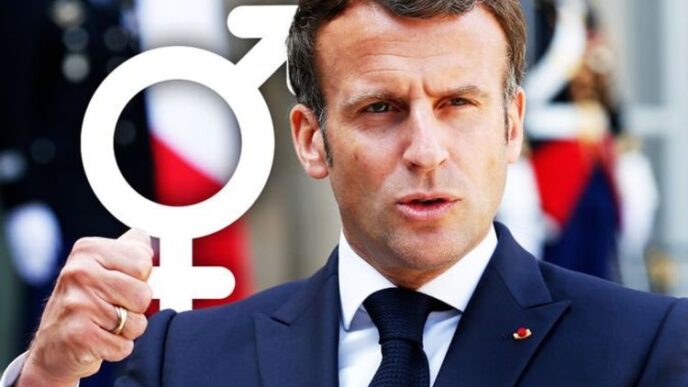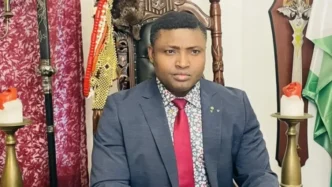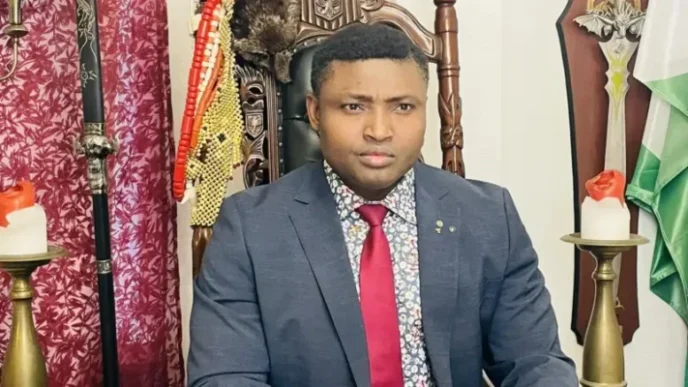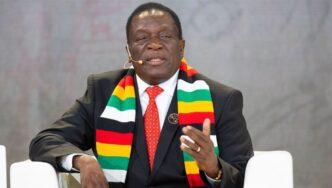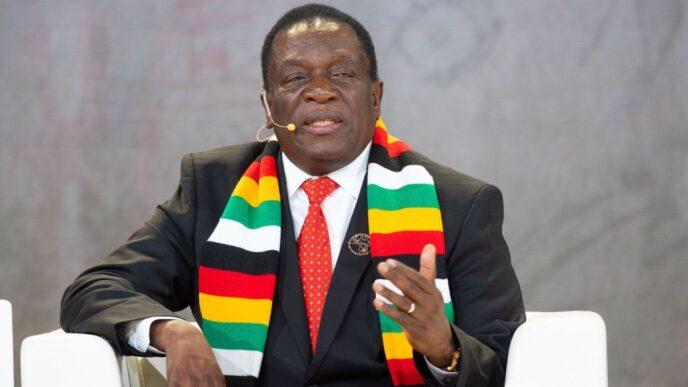Tanzania – Opposition Leader Freeman Mbowe’s Arrest
Freeman Mbowe’s arrest just days before Tanzania’s local elections on November 27 has fueled widespread concern about the state of political freedoms in the country. Authorities detained the Chadema leader, Tanzania’s primary opposition figure, during a pre-election gathering. However, Mbowe regained his freedom on Friday after securing bail.
Chadema confirmed Mbowe’s release through a post on X, stating, “Chairman Freeman Mbowe (…) and other leaders detained at the Vwawa police station have been released on bail.”
Freeman Mbowe’s Arrest Draws Criticism Over Campaign Disruption
Following his release, Mbowe criticized the charges, labeling them as baseless and politically motivated. “We were accused of violating the campaign schedule, but this is unfounded, as we had already reached an agreement with our opposition colleagues,” he remarked during a press briefing.
Mbowe also alleged that authorities intentionally targeted Chadema to disrupt its campaign momentum. He revealed that some party members remain in detention and that he, along with others, must appear before authorities on November 29.
Mbowe has already consulted legal counsel to address these accusations and ensure proper representation for those still detained.
Local Elections Test Tanzania’s Democratic Progress
Freeman Mbowe’s arrest has significantly overshadowed the local elections, which many view as a pivotal test for Tanzania’s democratic trajectory ahead of the presidential elections in October 2025.
Consequently, political observers have turned their focus to these elections, as they provide critical insights into whether the nation is genuinely progressing toward meaningful political reform.
Since assuming office in 2021, President Samia Suluhu Hassan has implemented various measures aimed at easing restrictions on opposition parties and media. Nevertheless, while these efforts signal some progress, human rights organizations continue to draw attention to the persistent issue of arbitrary arrests and detentions, which pose serious challenges to advancing democracy.
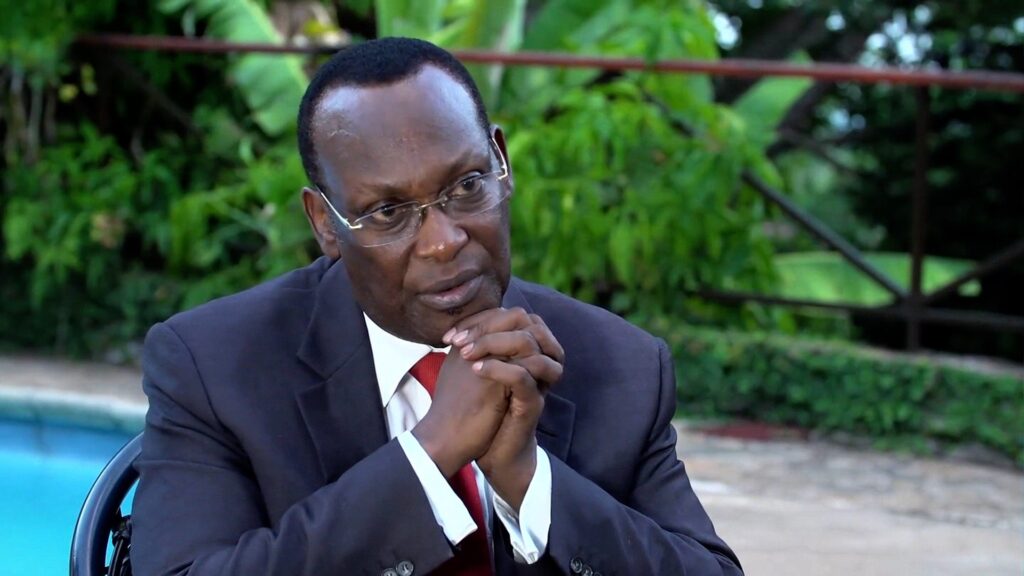
Opposition Leaders Face Lingering Challenges
Tanzania’s history of political suppression lingers vividly in public memory. During the late President John Magufuli’s tenure, authorities frequently cracked down on opposition leaders with violence.
Freeman Mbowe and Chadema’s deputy leader Tundu Lissu both reported politically motivated attacks that targeted their activities.
President Hassan has created more space for protests and opposition activities, signaling some progress. However, incidents like Freeman Mbowe’s arrest reveal the persistent hurdles to achieving full political openness.
Tanzania’s approaching elections come at a critical point. Citizens and the world community are now watching to see if the country will maintain its democratic principles or revert to its old authoritarian tactics.
The arrest of Freeman Mbowe draws attention to the precarious balance between change and opposition.
Read More:
